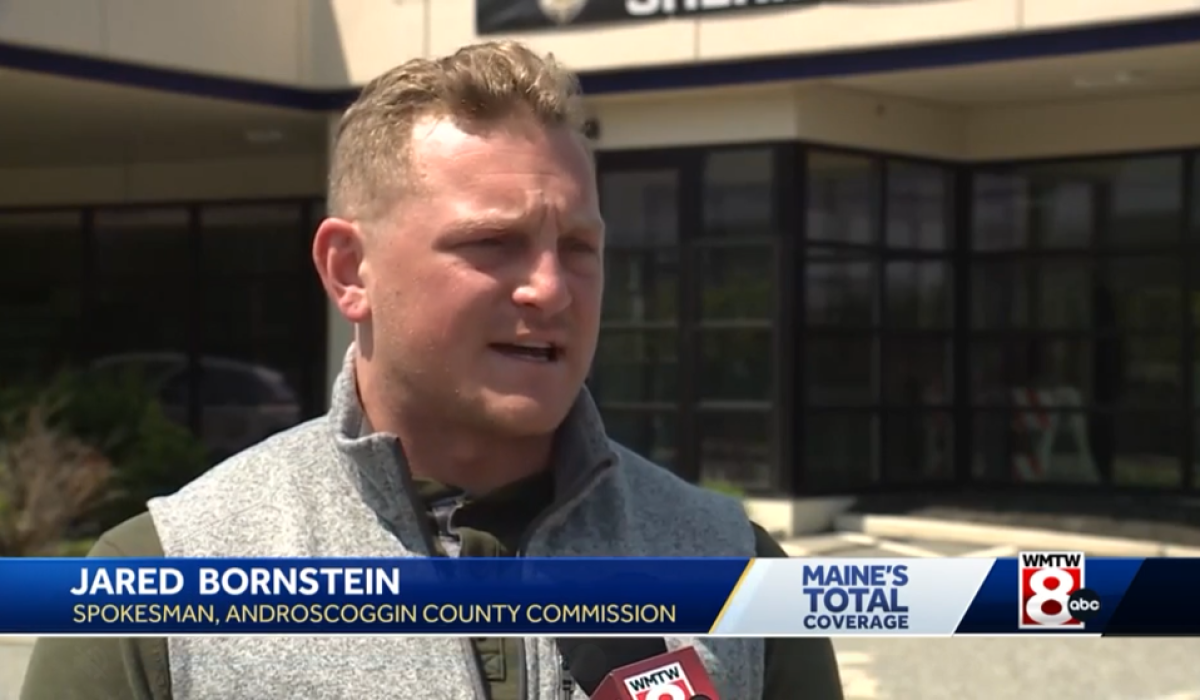Setting the Stage
In recent months, I have been directly involved in an effort that has drawn attention across Androscoggin County and beyond. The proposed relocation of the Androscoggin County Sheriff’s Office to a more modern facility in Auburn has become a topic of wide discussion.
At its core, this project represents progress and modernization. The plan aims to move staff and operations out of an aging 19th-century building and into a facility that better serves both law enforcement personnel and the public. The new location, a seven-acre property along Route 4 that previously operated as a Subaru dealership, offers the space and flexibility needed for renovation and expansion.
What should have been a straightforward public improvement initiative quickly became entangled in local politics, ordinances, and procedural obstacles.
A Project Stalled by Process
After the county used a portion of its federal relief funding to acquire the property, plans were put forward to begin redevelopment. The City of Auburn, however, adopted a new ordinance giving its mayor and city council final approval authority over public safety projects. Shortly after that decision, a moratorium was introduced that effectively paused all progress.
In my capacity working with the Androscoggin County Commission, I helped identify a path forward. Our position has been consistent and practical. The county’s goal is not to challenge Auburn’s local governance but to ensure that essential infrastructure projects are not hindered by political or procedural roadblocks.
The commission remains focused on serving residents effectively and responsibly. When local decisions prevent that from happening, it becomes appropriate to seek resolution through the state’s legislative process.
State-Level Engagement
The Maine Legislature’s State and Local Government Committee recently held a public hearing on two bills designed to address this situation. These measures would allow the county to continue its project, ensuring that vital public safety infrastructure is not indefinitely delayed.
During my testimony, I emphasized that the county is not attempting to move the county seat or diminish Auburn’s role. The objective is to maintain flexibility to operate efficiently and, if needed, expand in nearby communities such as Lewiston.
This issue is not about political rivalry. It is about ensuring that public institutions can meet their obligations to the people they serve without unnecessary obstruction.
Home Rule and Public Responsibility
This situation raises an important question about governance in Maine: Where should the line be drawn between local control and regional responsibility?
Home rule is an essential principle that allows municipalities to make decisions that reflect their community’s values. However, when local actions restrict essential county operations or interfere with public safety, state-level engagement becomes necessary to protect the broader public interest.
The goal is not micromanagement but balance. The state’s role is to ensure that all levels of government can work together effectively and in the best interest of Maine’s citizens.
Moving Forward
At this stage, Androscoggin County is ready to move forward with its construction permit and remains committed to finding a practical resolution. The intent is cooperation, not confrontation. The goal is to deliver a facility that supports law enforcement, serves the community, and reflects responsible governance.
This experience highlights a broader truth about public policy in Maine. Progress depends not only on strong ideas but on collaboration, communication, and persistence.
Closing Thought
Every public project, regardless of size, reflects the ongoing challenge of balancing autonomy, accountability, and service. This experience reinforces the need for open dialogue between all levels of government and demonstrates why strategic advocacy remains a vital part of Maine’s civic process.



